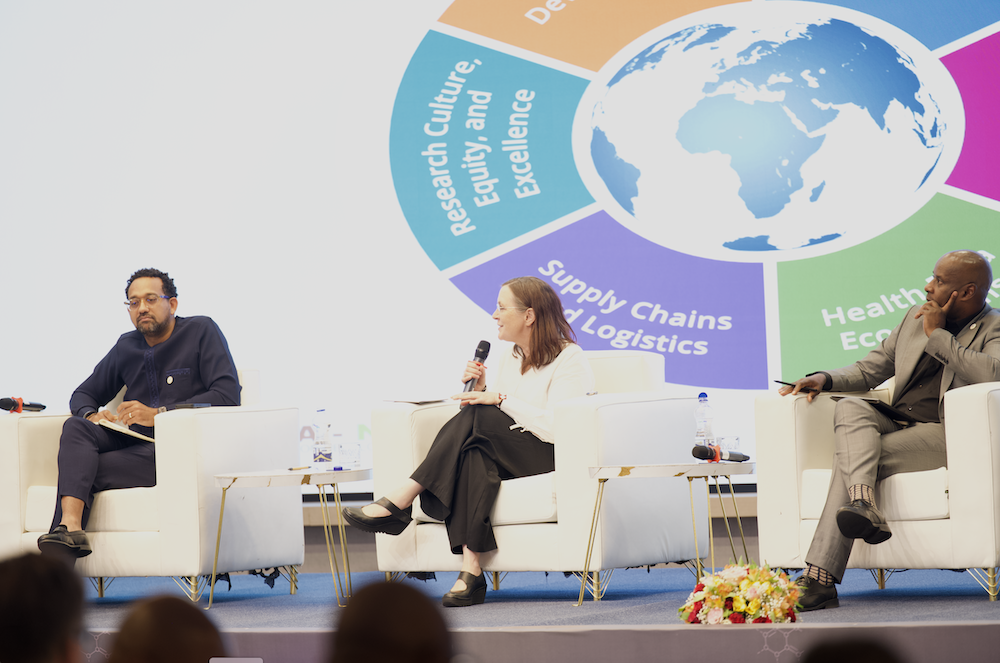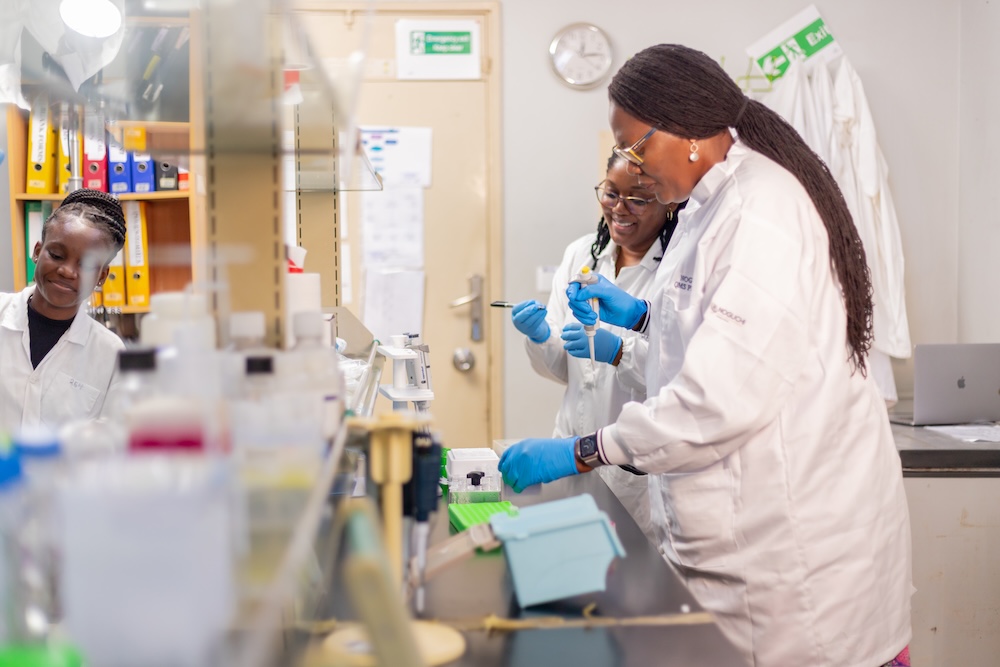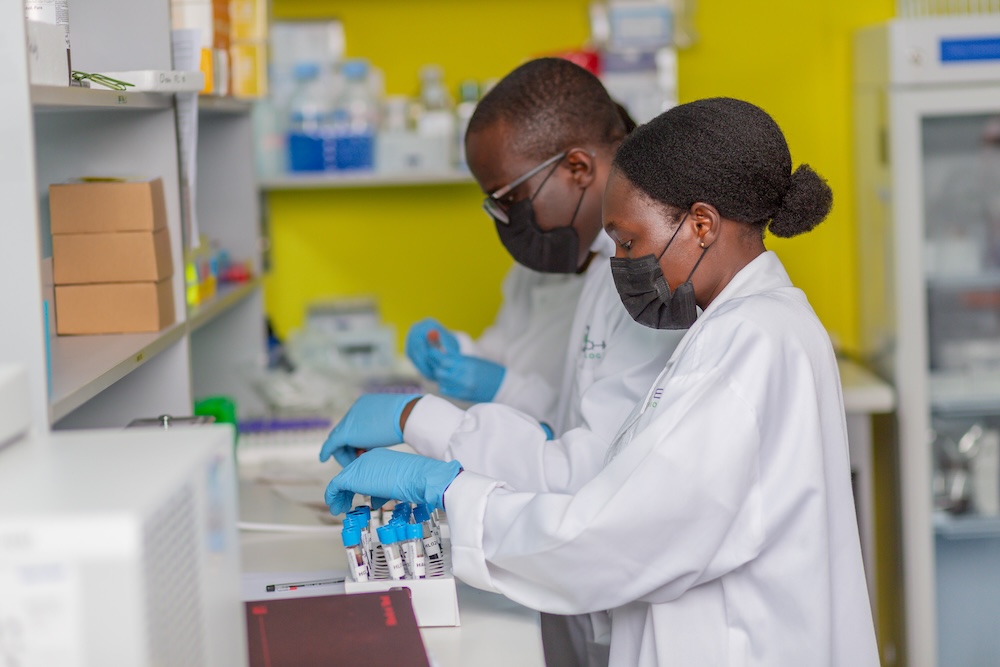
Media Centre
Innovative funding systems are key to fighting inequities in African science
Monday, February 5, 2024

Source: nature.com
With African investment in research and development (R&D) still well below the global average, African higher-education and research institutions rely on grants from outside the continent. This is not ideal, but it will be inevitable until African countries follow through on their promises to spend more on research.
Most research grants are merit-based — intended to support the best ideas with the greatest potential for success — but this risks funnelling most of the funds to a few researchers in rich countries and at institutions that have built prestige and reputations. Poorer countries and newly established institutions are struggling to compete. A more innovative and equitable funding system is needed to ensure that they don’t get left behind.
Grant makers — foundations, corporations and government agencies that fund research grants — are exploring new funding models to meet the needs of African researchers. A promising example is the hub-and-spoke model, which aims to distribute resources and knowledge in ways that balance merit with equity. The system features a centralized hub that receives funding and allocates it to each of its spokes, which are sprawled out around the wheel.



